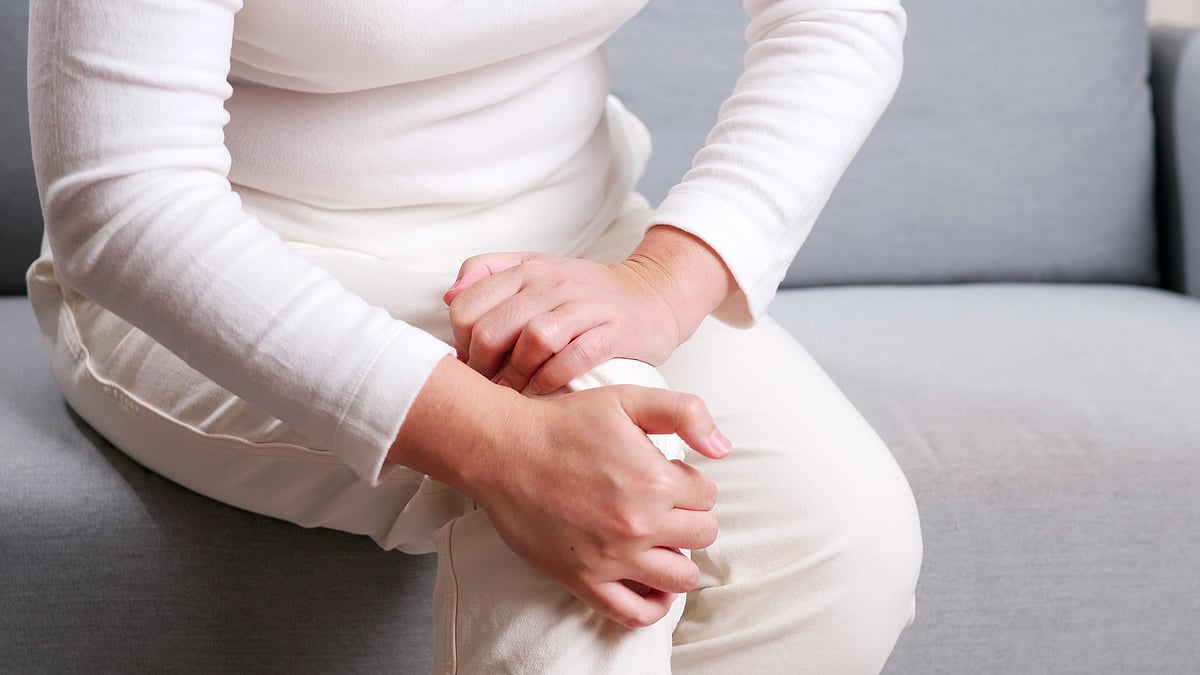Bilateral Total Knee Arthroplasty Tied to Higher Complication Rates

TUESDAY, Aug. 22, 2023 (HealthDay News) -- Simultaneous bilateral total knee arthroplasty (TKA) is associated with increased rates of complications, according to a study published in the July 19 issue of The Journal of Bone & Joint Surgery.
Mary Richardson, from University of Southern California in Los Angeles, and colleagues evaluated the safety of simultaneous bilateral TKA versus unilateral TKA. The analysis included 21,044 patients who underwent simultaneous bilateral TKA and 126,264 matched patients who underwent unilateral TKA from 2015 to 2020 identified through the Premier Healthcare Database.
The researchers found that after accounting for confounding factors, patients who underwent simultaneous bilateral TKA showed a significantly increased risk for postoperative complications, including pulmonary embolism (adjusted odds ratio [aOR], 2.13), stroke (aOR, 2.2), acute blood loss anemia (aOR, 2.06), and transfusion (aOR, 7.84). Additionally, patients who underwent simultaneous bilateral TKA had an increased risk for 90-day readmission (aOR, 1.35).
"Orthopedic surgeons and patients should consider these potential complications when contemplating simultaneous bilateral TKA," the authors write. "When simultaneous bilateral TKA is pursued, patient counseling and thorough medical optimization should be performed."
Abstract/Full Text (subscription or payment may be required)
Related Posts
Las personas con diabetes tienen cuatro veces más probabilidades de COVID prolongada
LUNES, 6 de junio de 2022 (HealthDay News) -- La diabetes aumenta las...
Biden Makes Another Push for Cancer Moonshot Initiative
TUESDAY, Sept. 13, 2022 (HealthDay News) -- President Joe Biden made a renewed...
Aumenta un subtipo de la variante Delta en Reino Unido
VIERNES, 22 de octubre de 2021 (HealthDay News) -- Un subtipo de la variante...
Another Mediterranean Diet Bonus: Healthier Pregnancies
TUESDAY, Dec. 27, 2022 (HealthDay News) -- The Mediterranean diet delivers...
